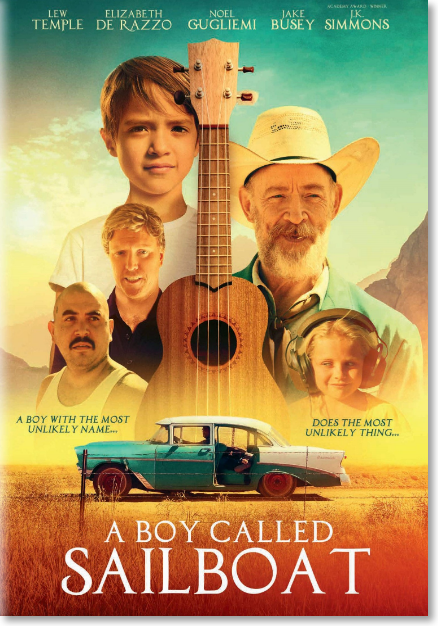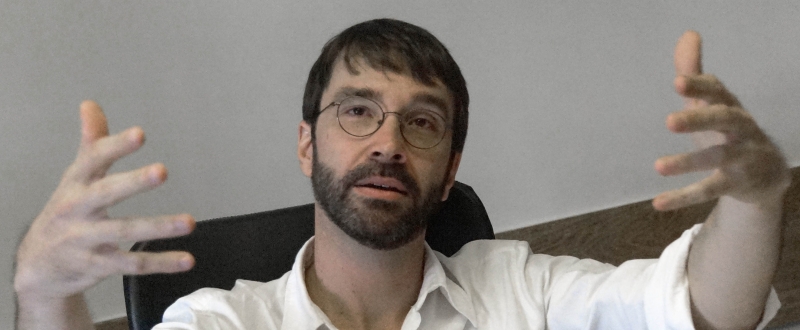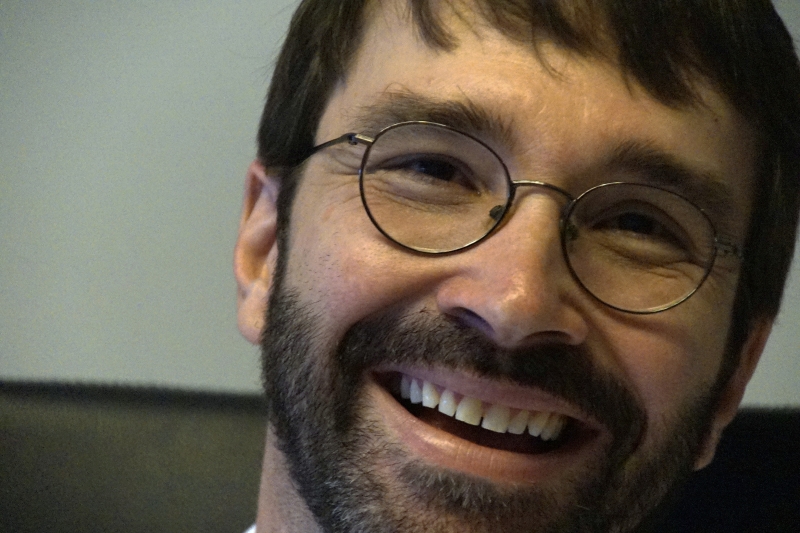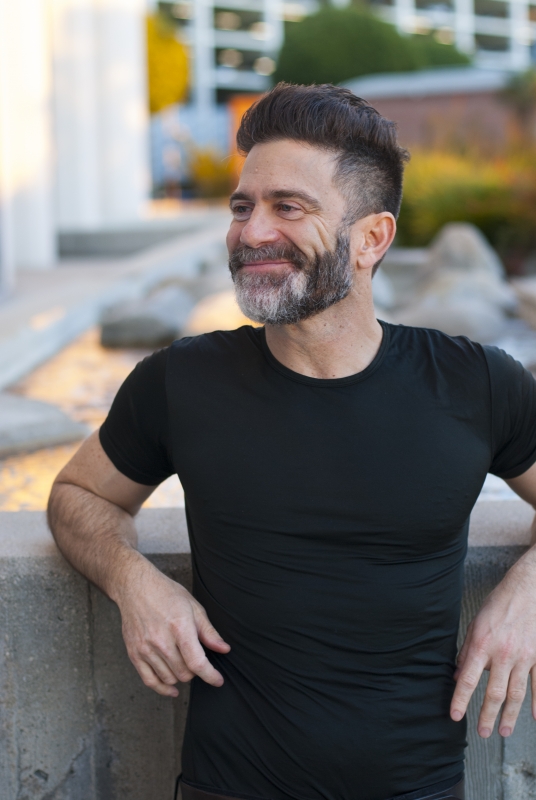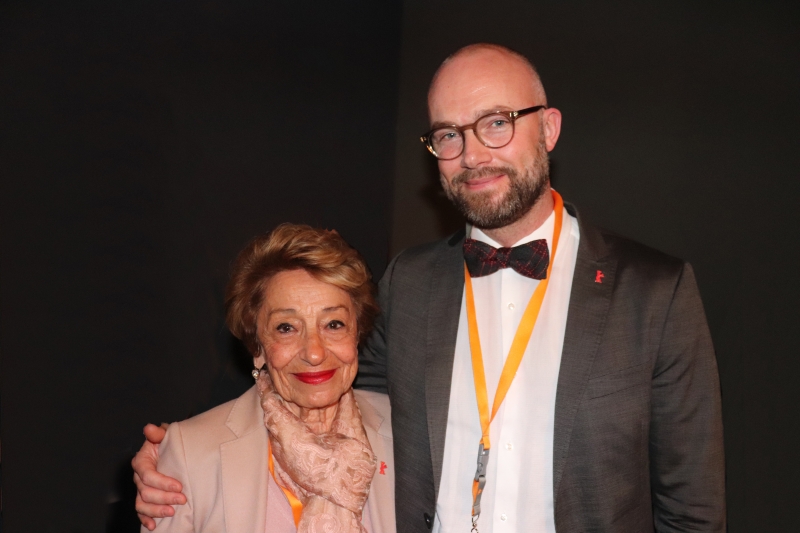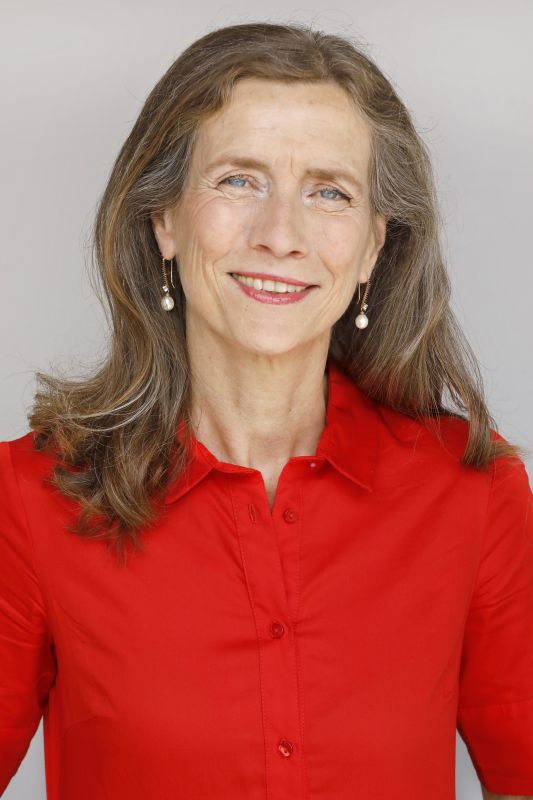|
|
||
|
Pro Tools
FILMFESTIVALS | 24/7 world wide coverageWelcome ! Enjoy the best of both worlds: Film & Festival News, exploring the best of the film festivals community. Launched in 1995, relentlessly connecting films to festivals, documenting and promoting festivals worldwide. Working on an upgrade soon. For collaboration, editorial contributions, or publicity, please send us an email here. User login |
Programme for Berlinale Panorama 2018 Complete: What’s Your Poison?The full programme for the 2018 edition of Panorama has been finalised and features a total of 47 films from 40 countries, with 37 world premieres and 16 directorial debuts. 20 films will be screened in the scope of Panorama Dokumente, while 27 fiction features are shown in Panorama Special as well as the main programme.
The section finds a gripping start with Wolfgang Fischer’s Styx, which will open Panorama Special on February 16 at Zoo Palast. Nearly dialogue-free, the film tells the story of a female doctor on a sailing holiday gone unexpectedly sour somewhere between Europe and Africa. The main programme will open on the evening before with the previously announced feature River’s Edge.
A Czech production opens Panorama Dokumente. Jan Gebert’s Až přijde válka (When the War Comes) treats the global trend of a socially acceptable form of nationalism using the example of the young Slovak paramilitary organisation “Slovenski Branci”. Árpád Bogdán’s feature film Genezis (Genesis) takes up the series of attacks on Roma in Hungary in 2008/2009, exposing their effects on the victimised families and the community as well as casting light on the failures of the Hungarian judicial system. The long overdue pursuit of those guilty of crimes perpetrated under the dictatorial Franco regime is depicted in The Silence of Others, produced by Pedro Almodóvar. Former Brazilian president Dilma Roussef’s impeachment can be witnessed first-hand in O processo (The Trial).
In Generation Wealth, Lauren Greenfield raises awareness for the way in which the self-indulgent quest for luxury and the total surrender to vanity lead to a sort of “ultra-decadence”, while in Lemonade, produced by Cristian Mungiu, the American Dream remains tauntingly out of reach for those who cannot afford to buy a piece of it. In the French-German production Game Girls, two women attempt to escape life on Skid Row, the USA’s “Capital City of the Homeless”. Shakedown immerses the viewer in the Afro-American queer strip club scene of 1990s Los Angeles, relating its protagonists’ search for freedom and self-determination with great immediacy. In the Italian production Land, Iranian director Babak Jalali devotes his attention to members of a Native American family who are defending their cultural identity with dignity.
Family dynamics under the microscope: In Al Gami'ya (What Comes Around), the residents of one of Cairo’s poorest districts have developed a bank-free financing system for themselves. Two intimate portraits of rural conflict, set in Central China’s Henan province and the German state of Saxony-Anhalt respectively, are drawn in Jordan Schiele’s The Silk and the Flame and Rosa Hannah Ziegler’s Familienleben (Family Life). Yang Mingming’s debut film Rou Qing Shi (Girls Always Happy) showcases the verbal duels of an odd mother-daughter duo searching for happiness in art or daydreams of getting rich quick. In La enfermedad del domingo (Sunday's Illness), a mother and her daughter find their way back to one another following years of estrangement. In Jibril, her final work for the Film University Babelsberg KONRAD WOLF, Henrika Kull depicts the isolation and love experienced in the interaction between a single mom and a prison inmate.
The Argentinian production Marilyn and the Brazilian film Tinta Bruta (Hard Paint) both show the isolation and anger inherent in their young protagonists’ search for their place in the world. In the mafia tale La terra dell' abbastanza (Boys Cry), two young men discover an ostensibly simple way out of a sticky situation. A complex web of responsibilities is examined in the two instalments of the miniseries Ondes de choc (Shock Waves), directed by Lionel Baier and Ursula Meier.
Three further films serve as reflections on cinema itself: Mes provinciales (A Paris Education), which is set in a Parisian millennial student milieu; Je vois rouge (I See Red People), in which Bojina Payanotova confronts her parents with their possible connections to the Bulgarian secret police; and Hotel Jugoslavija, in which director Nicolas Wagnières elevates an abandoned Grand Hotel to the status of contemporary witness to history, acting on his principle of “filming to retain and regain”.
Fluid boundaries between reality and fiction are especially present in four productions. Xiao Mei investigates the enigma surrounding the disappearance of a young woman, while the dark fairy tale Koly padayut pereva (When the Trees Fall) encompasses the frightening and enchanting experiences of three generations of women. In a hybrid form between fiction and documentary film, Trinta Lumes (Thirty Souls) reimagines the Galician backcountry as a mythical place populated by both the living and the dead. Finally, in the deceptively calm flow of Horizonti’s (Horizon) images, a man is at risk of losing his footing in life entirely after a separation.
The hard realities reflected in two productions from India and the Democratic Republic of the Congo stand in stark contrast in this context. In Garbage, a young woman endures a nightmare of male violence. Kinshasa Makambo on the other hand provides insight into the brutal everyday existence of Congolese resistance fighters.
In addition to their appearance in Yocho (Foreboding) (see press release from Dec 15, 2017), cinematic dystopias and allegories of reality are featured in Kim Ki-duk’s Inkan, gongkan, sikan grigo inkan (Human, Space, Time and Human), in which individuals of widely differing backgrounds assembled on a warship develop a bestial need for patriarchal domination. From Iran comes the film Hojoom (Invasion), which adeptly establishes an oppressive mood with its post-apocalyptic science-fiction world devoid of sunlight.
Partisan takes a look back at Frank Castorf’s twenty-five year legacy at Berlin’s Volksbühne theatre. The conceptual art of Canadian musician Chilly Gonzales, self-proclaimed president of the Berlin underground, is the subject of Shut Up and Play the Piano. MATANGI / MAYA / M.I.A. portrays the controversial star between the labels attached to her by the music and media industries and her self-image as a Sri Lankan resistance artist. In Idris Elba’s directorial debut Yardie, the score by Dickon Hinchcliffe (“Tindersticks”) accentuates the journey of a young man from Kingston to London.
Al Gami'ya (What Comes Around) - Lebanon / Egypt / Greece / Qatar / Slovenia Až přijde válka (When the War Comes) - Czech Republic / Croatia La enfermedad del domingo (Sunday's Illness) - Spain Familienleben (Family Life) - Germany Game Girls - France / Germany Garbage - India Generation Wealth - USA Genezis (Genesis) - Hungary Hojoom (Invasion) - Iran Horizonti (Horizon) - Georgia / Sweden Hotel Jugoslavija - Switzerland Inkan, gongkan, sikan grigo inkan (Human, Space, Time and Human) - Republic of Korea Je vois rouge (I See Red People) - France / Bulgaria Jibril - Germany Kinshasa Makambo - Democratic Republic of the Congo / France / Switzerland / Germany / Qatar / Norway Koly padayut dereva (When the Trees Fall) - Ukraine / Poland / Macedonia Land - Italy / France / Netherlands / Mexico Lemonade - Romania / Germany / Canada / Sweden Marilyn - Argentina / Chile MATANGI / MAYA / M.I.A. - USA / United Kingdom / Sri Lanka Mes provinciales (A Paris Education) - France O processo (The Trial) – Brazil / Germany / Netherlands Ondes de choc - Journal de ma tête (Shock Waves - Diary of My Mind) - Switzerland Ondes de choc - Prénom: Mathieu (Shock Waves - First Name: Mathieu) – Switzerland Partisan - Germany Rou qing shi (Girls Always Happy) - People's Republic of China Shakedown - USA Shut Up and Play the Piano - Germany / France / United Kingdom La terra dell'abbastanza (Boys Cry) - Italy The Silence of Others - USA / Spain The Silk and the Flame - USA Styx - Germany / Austria Tinta bruta (Hard Paint) - Brazil Trinta Lumes (Thirty Souls) - Spain Xiao Mei - Taiwan Yardie – United Kingdom
Already announced films:
L'Animale – Austria by Katharina Mückstein Bixa Travesty (Tranny Fag) – Brazil by Claudia Priscilla, Kiko Goifman Ex Pajé (Ex Shaman) – Brazil by Luiz Bolognesi Malambo, el hombre bueno (Malambo, the Good Man) – Argentina by Santiago Loza Obscuro Barroco – France / Greece by Evangelia Kranioti La omisión (The Omission) – Argentina / Netherlands / Switzerland by Sebastián Schjaer River's Edge – Japan by Isao Yukisada Profile – USA / UK / Cyprus by Timur Bekmambetov That Summer – Sweden / Denmark, USA by Göran Hugo Olsson Yocho (Foreboding) – Japan by Kiyoshi Kurosawa Zentralflughafen THF (Central Airport THF) – Germany / France / Brazil by Karim Aïnouz 26.01.2018 | Berlin's blog Cat. : FILM
|
LinksThe Bulletin Board > The Bulletin Board Blog Following News Interview with EFM (Berlin) Director
Interview with IFTA Chairman (AFM)
Interview with Cannes Marche du Film Director
Filmfestivals.com dailies live coverage from > Live from India
Useful links for the indies: > Big files transfer
+ SUBSCRIBE to the weekly Newsletter Deals+ Special offers and discounts from filmfestivals.com Selected fun offers
> Bonus Casino
User imagesAbout Berlin Chatelin Bruno Chatelin Bruno
Berlin 2019: The dailies from the Berlin Film Festival brought to you by our team of festival ambassadors. Vanessa McMahon, Alex Deleon, Laurie Gordon, Lindsay Bellinger and Bruno Chatelin...
|



















